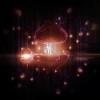Sign in to follow this
Followers
0

TTC 49: the sage has borderline personality disorder?
By
Everything, in General Discussion

By
Everything, in General Discussion